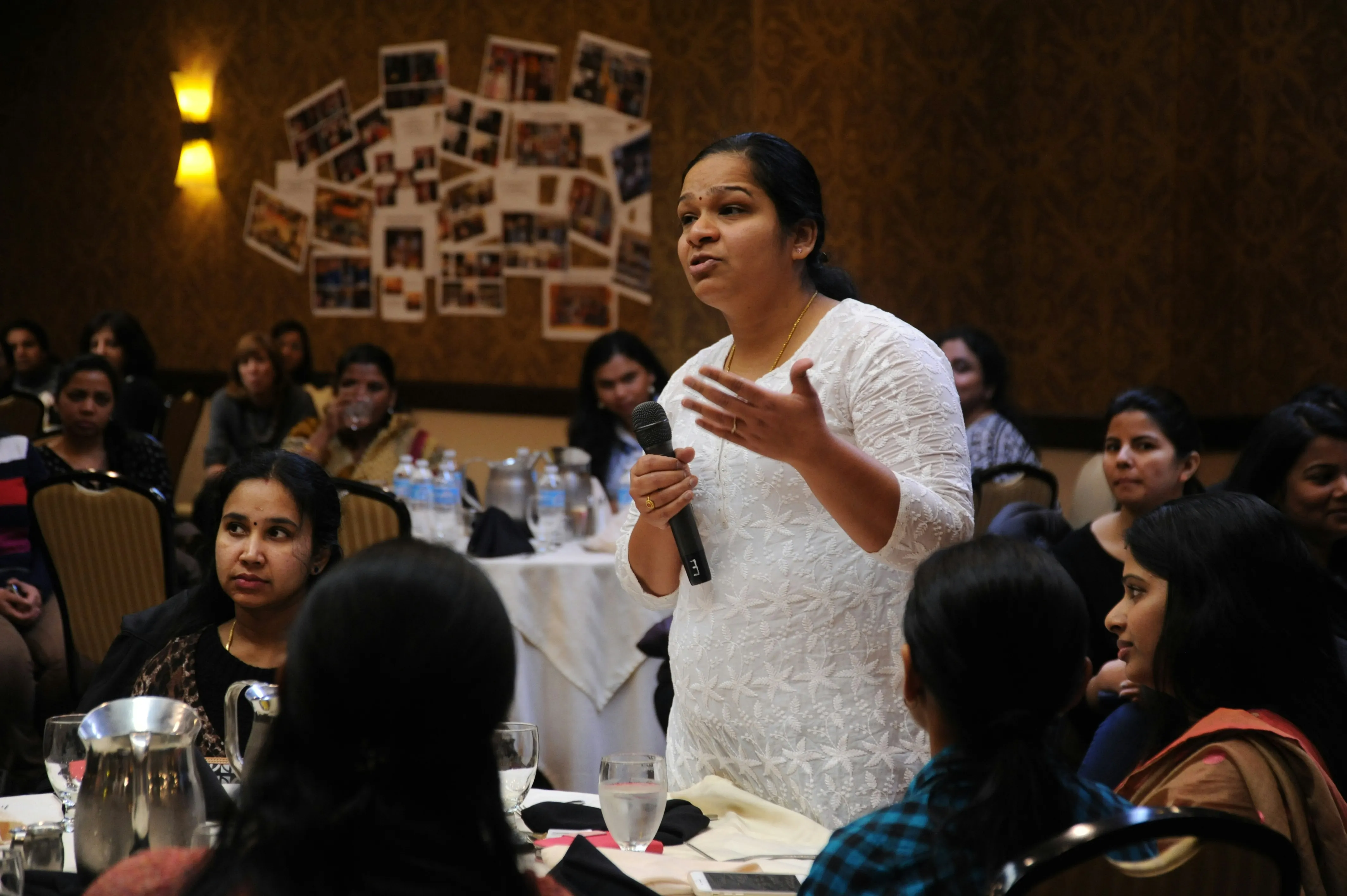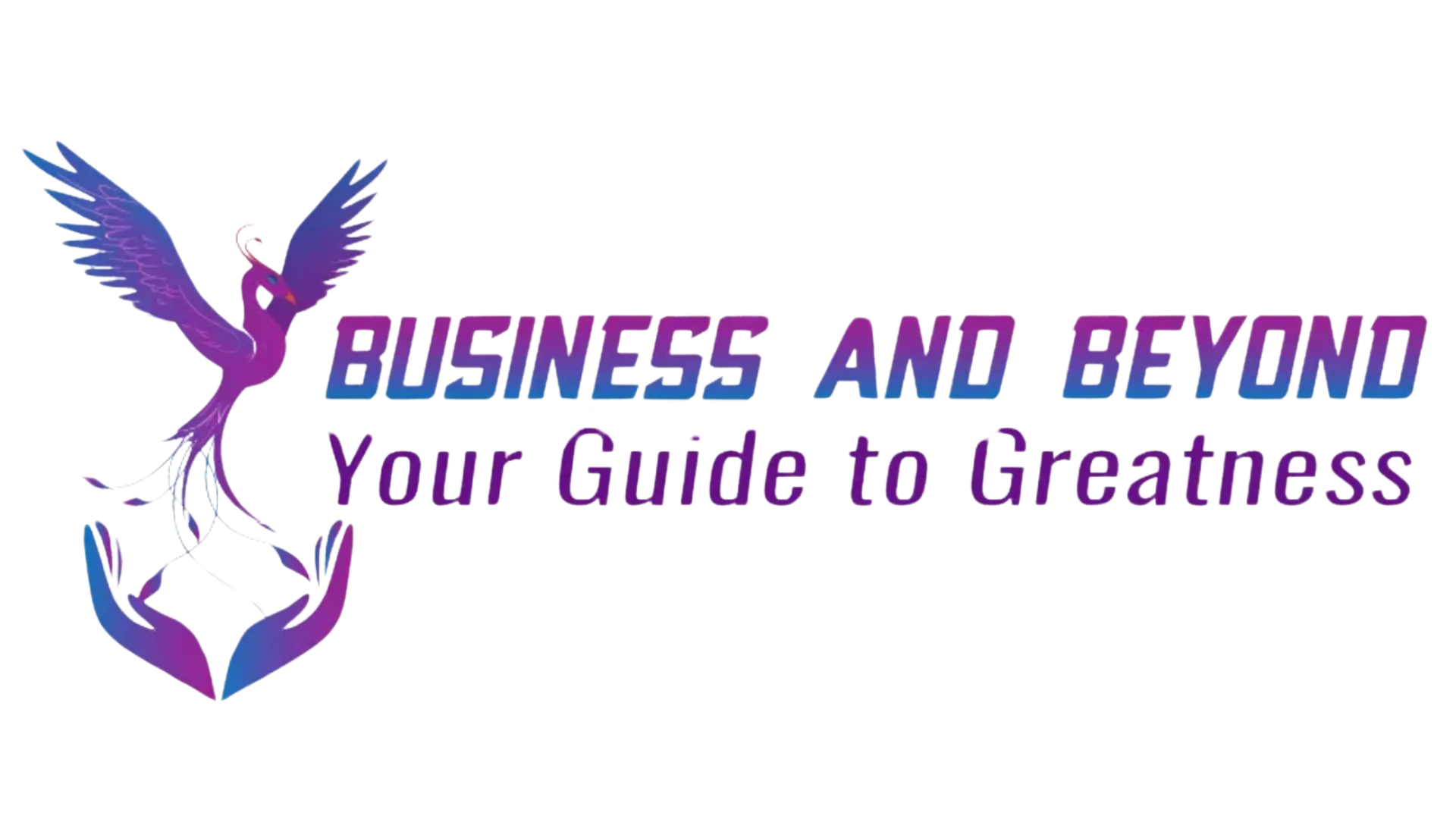The Art of Effective Communication: Lessons from Everyday Conflicts
Effective communication is a cornerstone of successful relationships, especially in business and conflict resolution. Understanding how to communicate effectively can lead to better outcomes and stronger connections. In this article, we will explore the importance of effective communication through a relatable story, and provide actionable strategies to enhance your communication skills.
Understanding the Importance of Communication
Communication is more than just exchanging words; it’s about conveying thoughts, feelings, and intentions in a way that fosters understanding. When misunderstandings arise, the consequences can be significant, leading to conflicts that could have been easily avoided.
Take, for example, the story of two sisters fighting over the last orange. Their argument escalated over who deserved the fruit, and in the end, they decided to split it. However, this decision led to a waste of potential, as one sister used only the flesh while the other discarded the fruit's interior to make marmalade from the peel. This scenario illustrates the pitfalls of not communicating effectively.

Key Takeaway from the Orange Dilemma
Had the sisters taken the time to communicate their intentions and desires, they could have found a solution that benefited both. Instead of focusing on “how do I get what I want,” they could have asked, “how can we resolve this together?” This shift in perspective is crucial in resolving conflicts.
By remaining curious and asking questions, you can uncover the underlying needs of the other party, leading to solutions that satisfy everyone involved.
Strategies for Effective Communication
To enhance your communication skills, consider the following strategies that can be applied in both personal and professional settings:

1. Stay Curious
Curiosity is a powerful tool in communication. Instead of making assumptions about what the other person wants, ask open-ended questions to gain clarity. For instance, instead of saying, “I want the orange,” you could ask, “What do you plan to do with the orange?” This simple shift can open up avenues for collaboration.

2. Understand Different Perspectives
Recognizing that your perspective is not the only one can help bridge communication gaps. When faced with a conflict, take a moment to consider the other person's viewpoint. What are their motivations? Why do they feel strongly about the issue? This understanding can foster empathy and lead to a more productive conversation.

3. Ask the Right Questions
Effective communication often hinges on the quality of questions you ask. Instead of focusing on what you want, ask questions that encourage dialogue. Questions like “What is important to you in this situation?” or “How can we both benefit from this?” can lead to more creative solutions.

4. Practice Active Listening
Listening is just as important as speaking in effective communication. When the other person is talking, focus fully on their words without planning your response. This not only shows respect but also allows you to understand their message better. Reflecting back what you've heard can also clarify any confusion.

5. Focus on Collaborative Solutions
In any conflict, aim for a win-win outcome. This means looking for solutions that satisfy both parties. Instead of viewing the situation as a competition, treat it as a collaboration. Ask yourself how you can work together to achieve a solution that benefits everyone involved.
